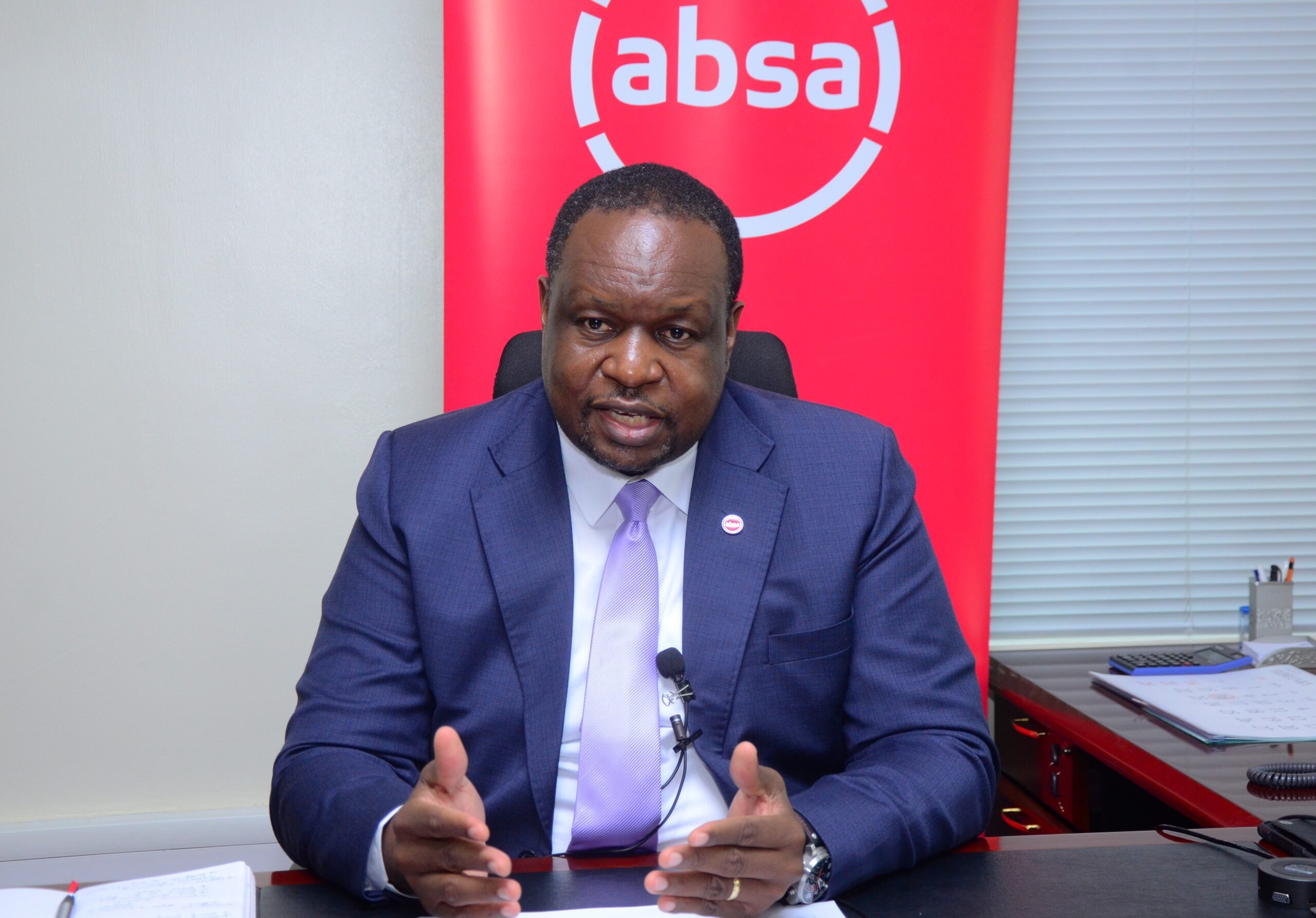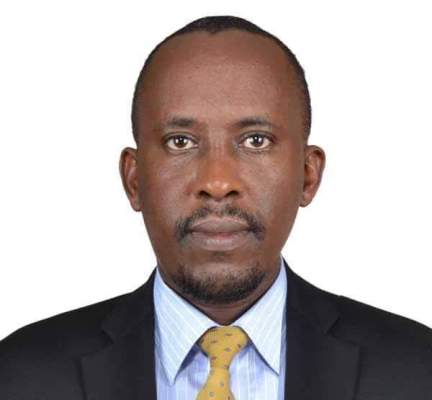By Norbert Mao
Let us start the debate over taxes by talking about what is on everyone’s lips: debt sustainability. The current debate over debt sustainability has imposed on us a debate on the resource envelope. Our argument is that Uganda is entering the zone of debt unsustainability and is now like a person trying to fill a hole by digging another hole! The effort is simply futile because you still have a hole to fill.
The reason we borrow is to close the revenue shortfalls in our budget. And because many of the assumptions on which we base our projections of revenue to justify our creditworthiness are false, we end up without the ability to repay our debts on schedule. We then reschedule the debts and pay penalties for our inability to repay in a timely manner. Given that the demand on our resource envelope are ever increasing, we borrow more and with more borrowing the interest on the loans keep going up. This is the vicious cycle of deficit and debt which starts with a budgetary deficit which necessitates borrowing which increases our indebtedness which in turn leads to higher interest payments!
In this debate the government takes cover in a comfortable corner and claims that Ugandans don’t pay enough taxes. We beg to differ. Ugandans actually pay a lot in taxes.
During a live talkshow last Thursday I asked a junior minister in the finance ministry to tell me what is the amount I pay in taxes when I buy fuel for 300,000 shillings. He did not have a clear idea. It turns out that 100000 shillings out of that total is tax! In the past Ugandans used to pay for road licenses and that required payment of money to the Inspectorate of Vehicles (IOV). Later that was converted into a tax on fuel. The money was kept in a National Road Fund. Later it emerged that most of the money was not actually used to make roads better but to buy Russian made Sukhoi fighter jets!
Despite the high cost of fuel vehicle owners have to pay parking fees in urban areas. The contractors who collect the parking fees are actually parasitic commission agents who collect the fees on behalf of a local government that has actually not contributed to the building of the urban roads.
The telecom sector is another arena where Ugandans are heavily taxed. You receive Mobile money but to cash it from a Mobile Money agent, you’re are taxed. The telecoms may say but buying airtime from Mobile Money is free! In reality when you buy airtime from Mobile Money you are actually saving the telecom company the money they would use to print top up scratch cards and the money they would pay as commission to the sale agents. You send money at a cost. The sending fee is taxed. The withdrawal fee is also taxed.
Ugandans have to ask themselves what services do we get without being taxed? We pay property tax. Yet the building materials we use are taxed. Our NSSF savings are taxed. Those we pay are also taxed directly or indirectly. The services we get like water and electricity are all taxed. Even basic services like a police report attract fees.
Yet the populace is not as well served as it should be. The only thing the government sells to citizens is the capacity to quell chaos! Call it security. I have wondered, reflected and eventually concluded that a private agency would actually be able to do what the government does for a quarter of the cost.
I reached this conclusion by studying the National Water and Sewerage Corporation (NWSC). NWSC is one of the most profitable companies in Uganda. Why? It charges connection fees for a vital and indispensable service – water! They can disconnect you and charge you for disconnecting you and then reconnect you for a fee and still force you to pay a penalty! NWSC can thus afford to pay its employees relatively better.
Ugandans are victims of excess and unjust taxation. Excess because we pay too much. Unjust because our money is squandered. A fair taxation policy is to let citizens spend their money rather than giving it to the government to squander. When people are not overtaxed they can live below their means and therefore save more and share more.
In calling for fair taxation, we also call for frugality among citizens. If government is wasteful, are the citizens frugal? By not being frugal, citizens underwrite the government’s wastefulness? If the government hides the taxes and dupes citizens that they are undertaxed then citizens can put this thesis to a test. Boil water and stop drinking mineral water. Don’t drive. Walk. Switch off lights for three days in a week. Shorten phone calls and internet usage. With these simple steps the government will feel the reduction in revenue and openly admit that Ugandans actually pay a lot in taxes.





